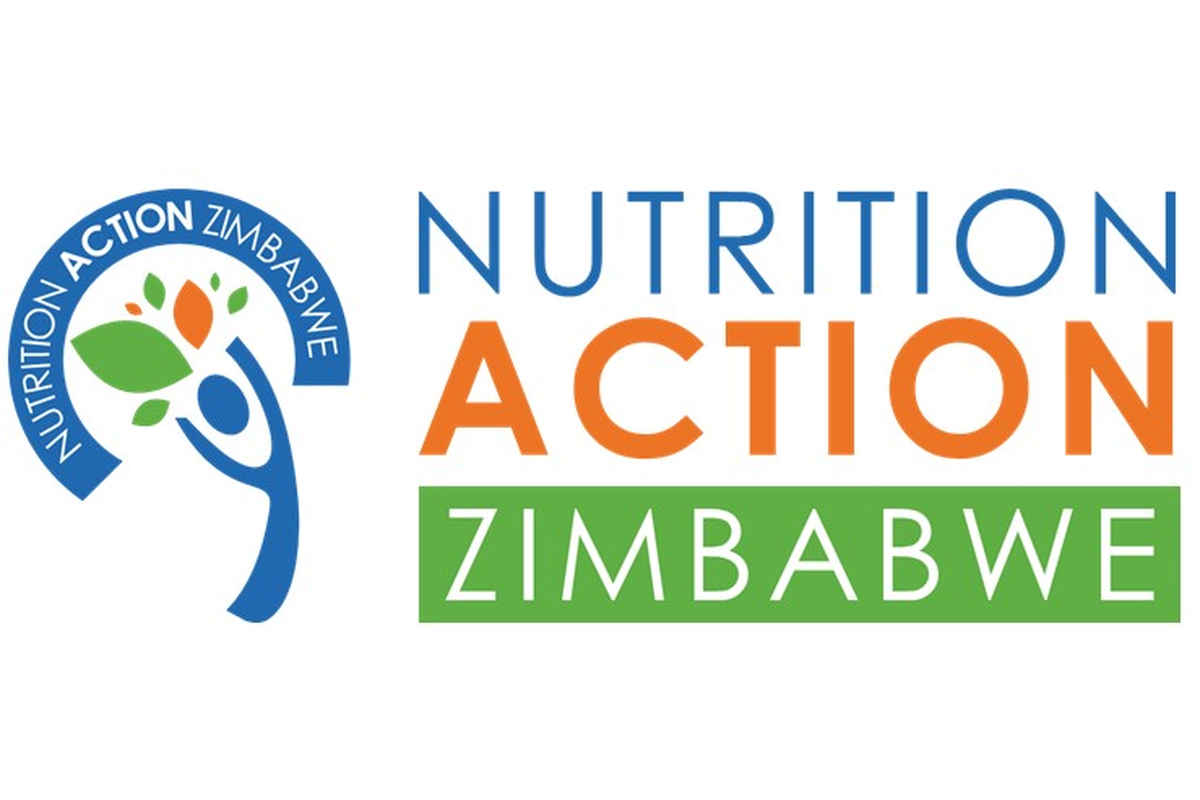Term Of Reference: Disaster Risk Management and Resilience Toolkit Development Consultancy Break the Outbreak, Safe schools 4 Healthier Population Project.
Job Description
Youth Advocates is a youth-led organisation working to advance youth rights and amplify their voices where it matters. With a mission of empowering adolescents and young people through knowledge and skills transfer, Youth Advocates continues building on extensive experience leading youth driven projects within the development field, ideally pioneering innovative technology in youth-centered programs partnering with the local communities. Operating in 5 countries across East and Southern Africa (Zambia, Malawi, Kenya, Botswana, and Zimbabwe), Youth Advocates comprehensively addresses the complex behavioral, social, and structural drivers of risk tolerance among young people through combining technology, nationwide multimedia campaign with systems strengthening, community-level outreach, and clinical and psycho-social services. Youth Advocates’ rights-based approach involves increasing access to quality youth friendly services and providing comprehensive gender-sensitive, sexuality education, promoting and preserving human dignity. It uses technology and grassroots initiatives to empower children and youth, claiming respect for fundamental freedoms and rights; improved conditions for young people and their communities; opportunities to learn, work and participate in decisions that affect them.
The first cholera outbreak in the country in 2023 started on February 12, 2023, in Chegutu town, Mashonaland West Province. The outbreak has spread due to (1) poor hygiene practices, (2) unsupervised gatherings and funerals, (3) high usage of unsafe or unprotected sources of water for drinking and domestic use, (4) low national sanitation coverage with 40 percent open defecation (Zimbabwe 2022 Population and Housing Census Report) and (5) low safe-water coverage, which is just 35 percent. This outbreak continued to persist from the dry season into the current rainy season, increasing the risk of the disease spreading. The country is struggling to contain the spread of the cholera outbreak and has announced various measures amid fears of a repeat of the 2008 outbreak which resulted in over 4 200 deaths.
Communities continue to demonstrate a need for knowledge regarding preventive alternatives for the disease and how to support affected individuals, resulting in generalised stigmatisation of those affected. Some groups, especially in parts of Harare, Masvingo, and Chitungwiza, are the most at-risk communities due to poor hygiene practices and religious practices, to name but a few. Schools are the most common site for cholera outbreaks due to their high population density and close contact between students.
Youth Advocates with funding support from UNICEF is implementing a social behaviour change communication project that is aimed at supporting schools in developing and implementing Risk Communication and Community Engagement (RCCE) action plans and promote online engagement on the Disaster Risk Management and Resilience (DRMR) course designed by the Ministry of Primary and Secondary Education. The project will use innovative approaches and multimedia to establish learner-led cholera prevention initiatives based on the Disaster Risk Management and Resilience (DRMR) plan for education. Priority focus will include enhancing good hygiene and sanitation practices, monitoring hazards plus access to clean and safe water and proper sanitation facilities.
Duties and Responsibilities
Purpose and Objectives
Harare Urban, Epworth
The development of the Disaster Risk Management and Resilience learners toolkit is aimed at building the capacity of learners and equip them with necessary skills leading the implementation of disaster risk management and resilience in line with the Ministry Primary and Secondary Education’s vision outlined in the Education Sector Strategic Plan (ESSP). This toolkit will serve as a quick reference guide for children and adolescents on disaster risk management and resilience, with the aim of promoting a culture of safety and preparedness in schools particularly targeting cholera response in schools.
The main objectives of the Disaster Risk Management and Resilience toolkit are:
1. To promote awareness and understanding of disaster risk management and resilience among children and adolescents in schools.
2. To provide practical information and guidance on how to prepare for and respond to disasters (this will also be aligned to the development of cholera school based response protocols.)
3. To encourage children and adolescents to take an active role in disaster risk management and resilience within their schools and communities.
Qualifications and Experience
Target population
The DRMR learners toolkit is designed for children and adolescents in schools, between the ages of 5-19 years.
Methodology
Youth Advocates will select a local research consultant to lead the development of the DRMR toolkit The selected research consultant will be required to prepare detailed methodology that will be aligned to the outlined scope of work.
Design and Format
The Disaster Risk Management and Resilience toolkit should be visually appealing and user-friendly, with simple language and illustrations that are appropriate for the target audience. It should be small enough to fit in a pocket.
Timeline
The proposed timeline for this activity is from the 19th of February to 29th February 2024.
Budget
A Narrative and Financial proposal has to be submitted indicated scope of work and all-inclusive costs for the survey.
REQUIREMENTS
• Traceable reference and previous work on the similar assignments.
• Fluency in English and knowledge of local language (Shona and Ndebele) is an added
advantage.
• A minimum of 5 years of practical professional work experience in Research and Advocacy.
How to Apply
Interested cadres should submit all the information to [email protected] clearly stating on the subject YOUTH ADVOCATES DRMR TOOLKIT DEVELOPMENT no later than Thursday the 15th of February 2024, 10 Am. Applications to be accompanied by clear reference of previous similar assignments.

Location: Harare
Company: Youth Advocates Zimbabwe
Expiry Date: 2024-02-15 00:00:00


